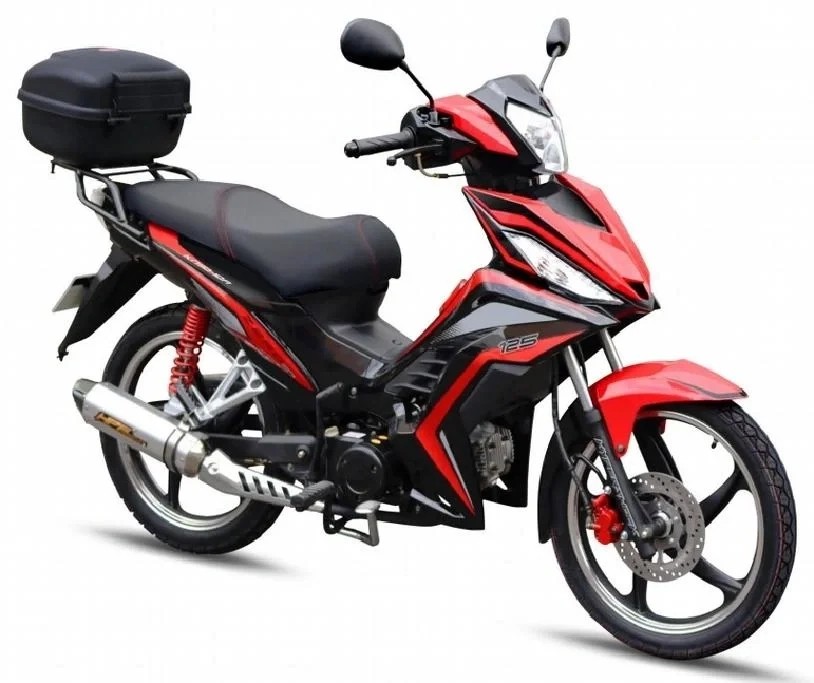When it comes to relocating, whether for a new job, a change of scenery, or a fresh start, one of the most significant logistical challenges can be transporting your vehicle. If you're considering moving your car 1500 miles, understanding the associated costs is crucial for effective budgeting and planning. This article delves into the various factors that influence the cost of car transportation over long distances, providing you with a comprehensive guide to make informed decisions.
Understanding the Basics of Car Transportation
Before diving into the specifics of costs, it’s essential to understand the two primary methods of transporting a vehicle over long distances: open transport and enclosed transport.
- Open Transport: This is the most common and cost-effective method. Vehicles are loaded onto a multi-car carrier, similar to those used for new car deliveries. While this method is generally cheaper, it exposes your vehicle to the elements and potential road debris.
- Enclosed Transport: This method offers more protection, as vehicles are transported in a fully enclosed trailer. While it provides peace of mind, especially for high-value or classic cars, it comes at a premium price.
Factors Influencing the Cost of Moving a Car 1500 Miles
The cost of moving a car 1500 miles can vary significantly based on several factors:
- Distance and Route
The distance is the most straightforward factor affecting the cost. However, the specific route taken can also influence the price. For instance, routes with heavy traffic, tolls, or challenging terrain may incur additional fees.
- Type of Transport
As mentioned earlier, the choice between open and enclosed transport can lead to a substantial difference in cost. On average, open transport can range from $800 to $1,200 for a 1500-mile journey, while enclosed transport can cost between $1,200 and $2,000 or more.
- Vehicle Size and Weight
Larger and heavier vehicles typically cost more to transport. Standard sedans may fall on the lower end of the price spectrum, while SUVs, trucks, and luxury vehicles can increase the overall cost due to their size and weight.
- Seasonality
The time of year can also impact transportation costs. Peak moving seasons, such as summer months, often see higher prices due to increased demand. Conversely, moving during the off-peak season (late fall and winter) may yield lower rates.
- Additional Services
Many transport companies offer additional services that can affect the overall cost. These may include:
- Door-to-Door Service: Picking up and delivering your vehicle directly to your specified locations can add convenience but may also increase costs.
- Insurance Coverage: While most transport companies provide basic insurance, opting for additional coverage can raise the price.
- Expedited Shipping: If you need your vehicle moved quickly, expedited services will come at a premium.
Average Cost Breakdown
To provide a clearer picture, here’s a rough breakdown of the average costs associated with moving a car 1500 miles:
- Open Transport: $800 - $1,200
- Enclosed Transport: $1,200 - $2,000
- Additional Services: $100 - $500 (depending on the service)
Tips for Reducing Transportation Costs
While moving a car over a long distance can be costly, there are ways to minimize expenses:
- Book Early: Securing your transport service well in advance can help you lock in lower rates.
- Compare Quotes: Obtain quotes from multiple transport companies to find the best deal.
- Flexible Scheduling: If you can be flexible with your pickup and delivery dates, you may find better rates.
- Consider Terminal-to-Terminal Shipping: This option may be cheaper than door-to-door service, as it involves dropping off and picking up your vehicle at designated terminals.
Conclusion
Moving a car 1500 miles involves various factors that can significantly influence the overall cost. By understanding these elements and planning accordingly, you can make informed decisions that align with your budget and needs. Whether you choose open or enclosed transport, being proactive in your research and preparation will ensure a smoother and more cost-effective vehicle relocation experience.




+ There are no comments
Add yours